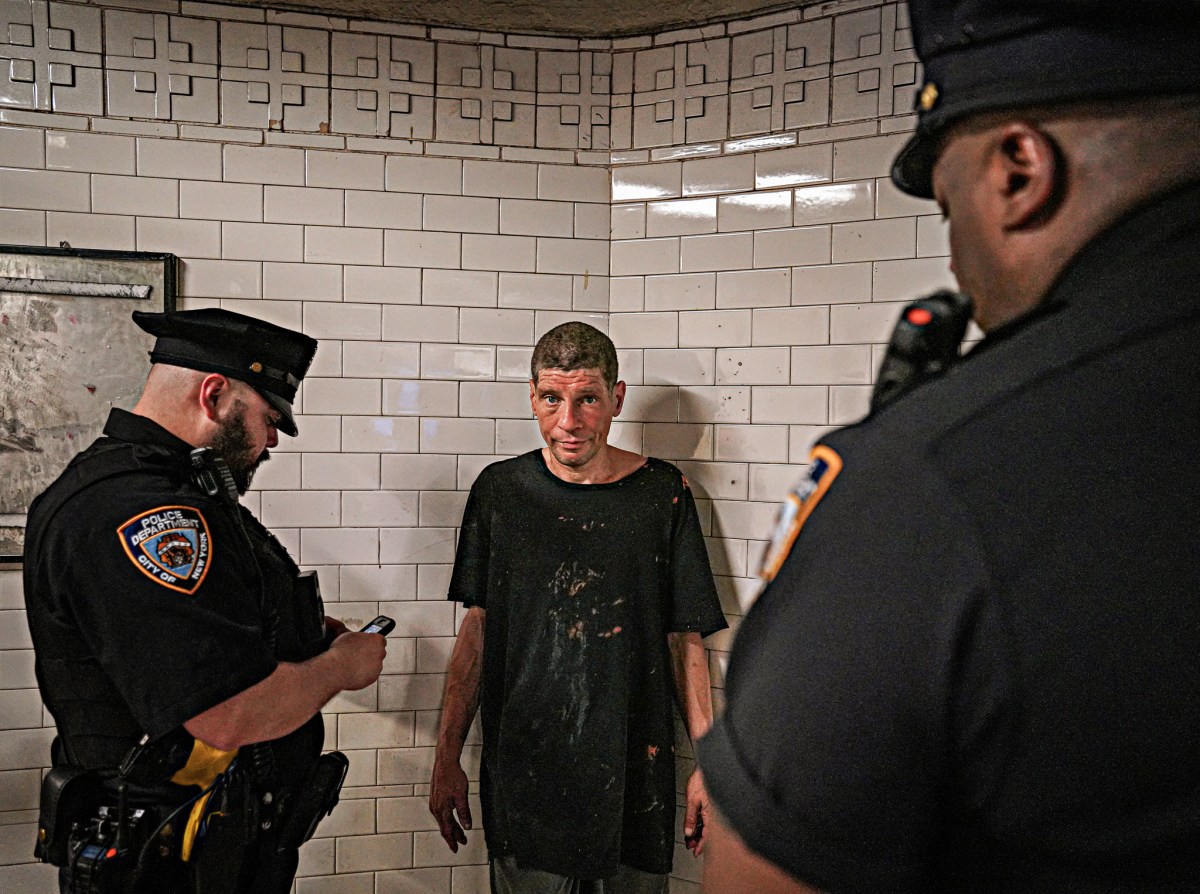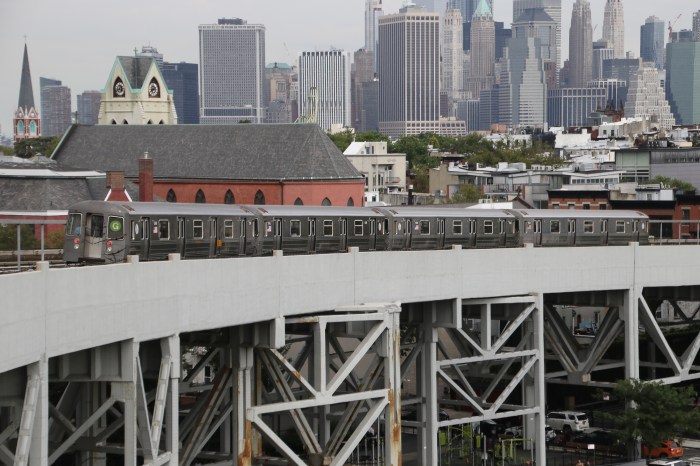The state Legislature is prepared to approve congestion pricing as part of the governor’s executive budget — a measure that would only affect between one and two percent of Kings Countians who drive into the distant isle of Manhattan, according to analysts.
Assembly Speaker Carl Heastie announced on Monday that the lower chamber was “ready to go forward” with approving the measure, weeks after the state Senate passed a budget resolution supporting it, according to the New York Times.
Both chambers would have to approve the measure before the state’s April 1 budget deadline, and the Assembly plans to have a bill ready to vote on by Thursday, according to Streetsblog. The move would make the Big Apple the first city in the nation to implement congestion pricing, which would charge a yet-to-be-determined fee to drivers entering Manhattan below 60th Street at peak times.
Proponents of the decades-old idea say it would both reduce the amount of cars on the road and provide about $15 billion annually to the Metropolitan Transit Authority to fund improvements to the city’s beleaguered subway system, according to a rep for the independent Regional Plan Association, who on last week’s episode of the Brooklyn Paper Radio Show said the pricing scheme would impact only 1.3 percent of Kings Countians.
Data compiled by pro-congestion pricing organization Tri-State Transportation Campaign predicted a slightly higher impact on the Borough of Churches, estimating that 2.4 percent of its commuters would regularly pay the charge, and adding that more than 60 percent of its residents take public transit and would benefit from transit improvements.
Other cities, including London and Stockholm, already use the tolling scheme, and have seen environmentally-beneficial results, according to pro-congestion pricing campaign Fix Our Transit.
In London, the measure has reduced traffic by 15 percent and reduced greenhouse gas emissions by 20 percent, and in Stockholm, congestion pricing has cut in half the number of children who sought treatment for asthma at local hospitals, according to Fix Our Transit.
But those who oppose the measure — including Kings County’s own Assemblywoman Rodneyse Bichotte (D-Flatbush) — charge that the pricing amounts to an unfair burden on the poor.
Assemblywoman Mathylde Frontus (D-Coney Island) agreed with Bichotte’s concerns about the plan, and characterized herself as a “reluctant supporter” of the pricing in order to help fund improvements to the subway system, which she said her Coney Island constituents — whom she characterized as “the working poor” — rely on.
“I know firsthand that just because people are blessed with a car and that they have to go into the city, it doesn’t mean that they’re well off. I know people who are living check-to-check and have a car because they have to have it,” Frontus told this newspaper. “But I’m looking at the writing on the wall and saying, ‘you know what, I don’t want [subway] fares to go up [instead].’”
Data compiled by the Tri-State Transportation Campaign showed that only 3.1 percent of commuters in Frontus’ transit-starved district — which also includes Sea Gate and parts of Bath Beach, Bay Ridge, Brighton Beach, Dyker Heights, and Gravesend — would pay a congestion charge, and that more than 56 percent of the district’s residents take public transit.
And the organization predicts 3.6 percent of commuters in state. Sen. Andrew Gounardes’ (D-Bay Ridge) neighboring and similarly transit-starved district — which also includes Dyker Heights, Bensonhurst, Bath Beach, Gravesend, Gerritsen Beach, Manhattan Beach — would pay the congestion fee.
But Gounardes cheered the proposed plan, calling it a “necessary step” to funding subway upgrades and an “environmentally friendly thing to do.” The freshman pol said that he would push the MTA to use the extra funds raised by the fee to implement more and faster signal upgrades, trains, and accessibility measures at southern Brooklyn subway stations — since the MTA’s current plan to upgrade signals along the R line do not include the stations south of DeKalb Avenue — and added that the move would also push the transit authority to invest some of the money back into the city’s beleaguered bus system.
“I think on the whole this will be a net improvement for our district — we should see improvements to our subway system, our bus system, repairs and maintenance to our express buses,” Gounardes told this paper.























